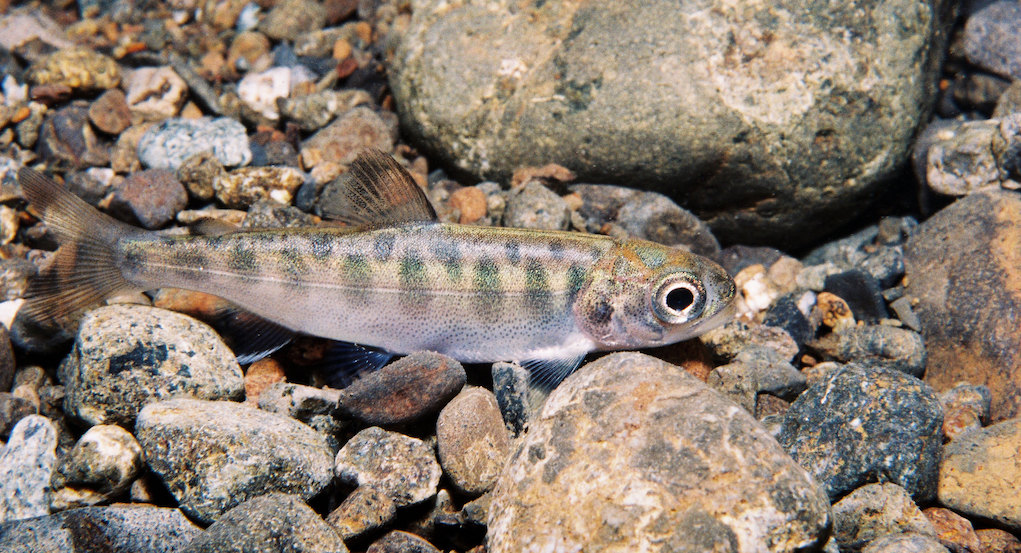The Puget Sound Institute (PSI) and its parent organization the Center for Urban Waters (CUW) are the recipients of more than $3.2 million dollars in grants this month from the Environmental Protection Agency and the Puget Sound Partnership. The funds will go toward understanding and reducing emerging threats from toxic chemicals in Puget Sound. The […]
April 22, 2023
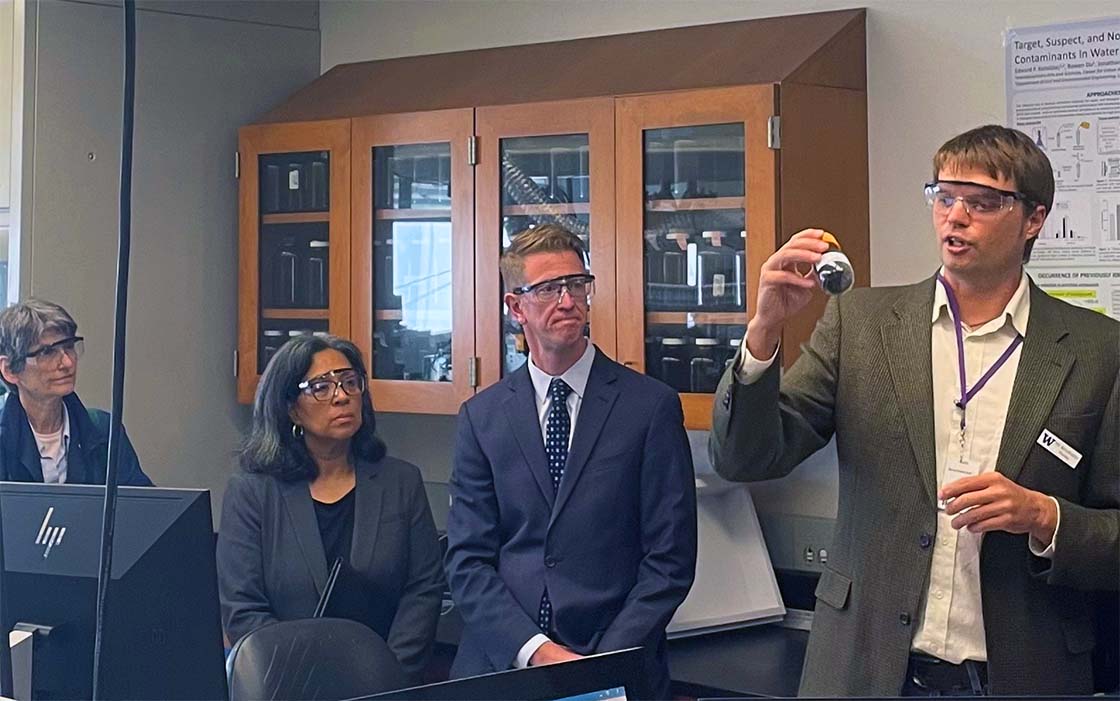
Ed Kolodziej among finalists for Frontiers Planet Prize
Puget Sound Institute affiliate Dr. Ed Kolodziej is one of 20 finalists for the prestigious Frontiers Planet Prize honoring “impactful research breakthroughs” in global sustainability science. Kolodziej was selected by an international jury as the United States representative earning him the title of National Champion and advancing him to compete for a prize of one […]
February 21, 2023
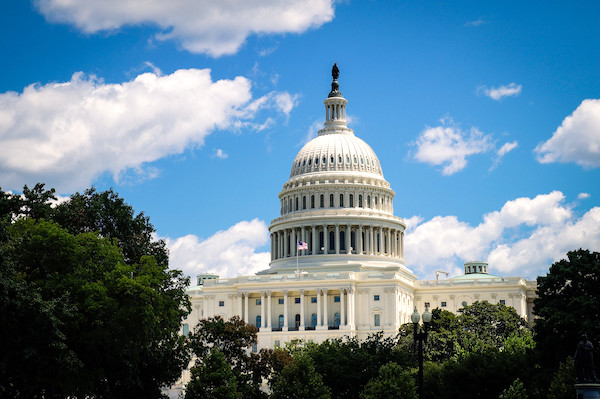
PUGET SOS brings new funding and a federal makeover
Recently passed federal legislation has increased funding to protect Puget Sound while also changing the way ecosystem recovery efforts are organized. The legislation includes key provisions of the PUGET SOS Act and establishes a national office for Puget Sound recovery based at the Environmental Protection Agency in Seattle. The end of 2022 marked a seismic […]
February 7, 2023
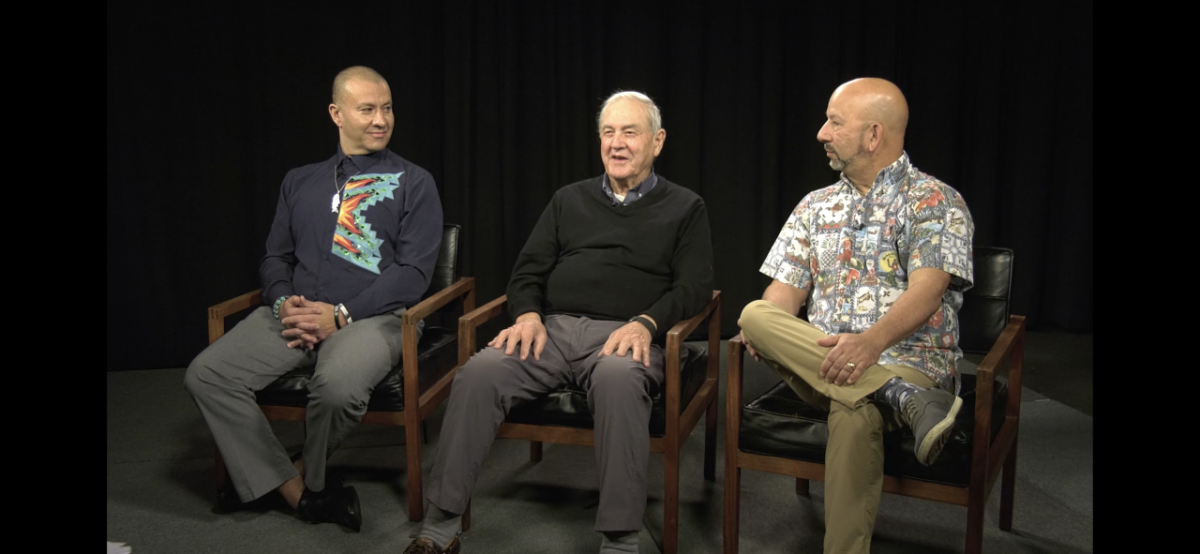
A new oral history project looks at the unique development of natural resource policy in Washington state
Our affiliates at the Center for Urban Waters and external partners will examine 50 years of collaborative leadership in the state leading to groundbreaking outcomes on forest, fish, wildlife, land, and water management. Funding secured to date includes generous gifts and pledges from Anchor QEA, the Jamestown S’Klallam Tribe, the Nisqually Tribe, the Puget Sound […]
December 14, 2022

A network of computer models is predicting the future of Puget Sound
A new $4.8 million dollar project led by the Puget Sound Institute links together a series of computer models to explore future scenarios across the watershed. Some of Puget Sound’s biggest concerns hold the greatest uncertainties. Will we have clean water? Can the ecosystem sustain species like endangered salmon? How can the region continue to […]
June 22, 2022
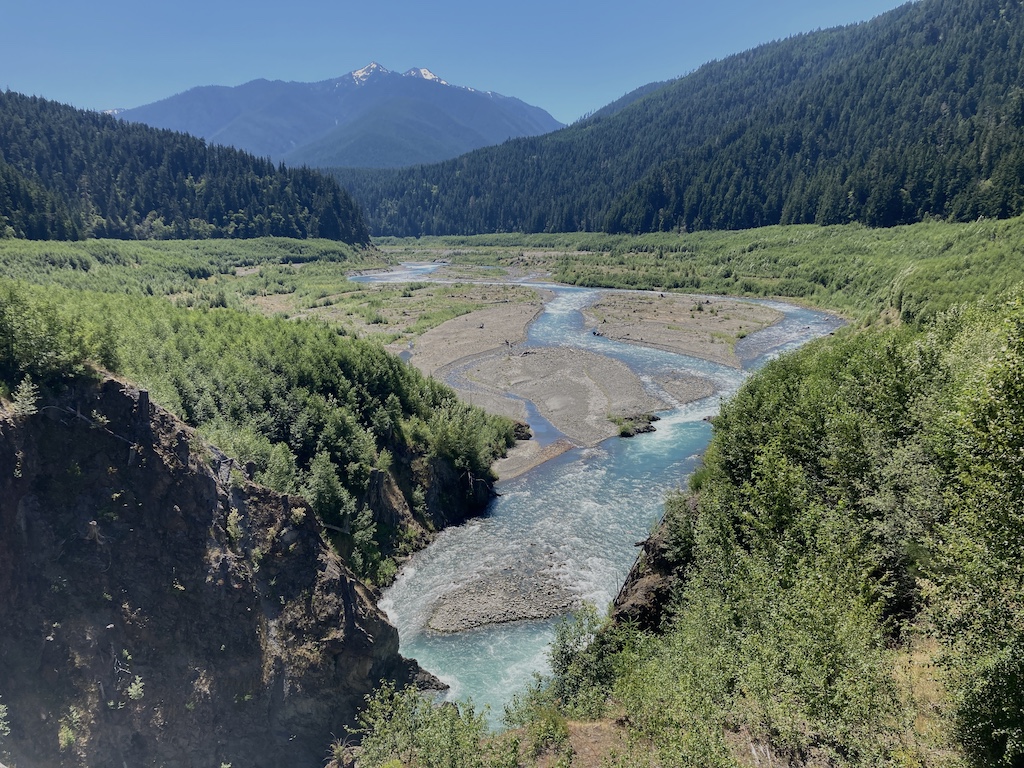
Magazine series looks at salmon returns in the Elwha River
It has been more than ten years since the first of the Elwha River’s two dams was breached, and scientists are gaining new perspectives on the resilience of that ecosystem and its species. The dramatic sight of a river suddenly running free, and the swift return of its salmon has captured the public’s imagination. But a key […]
May 24, 2022
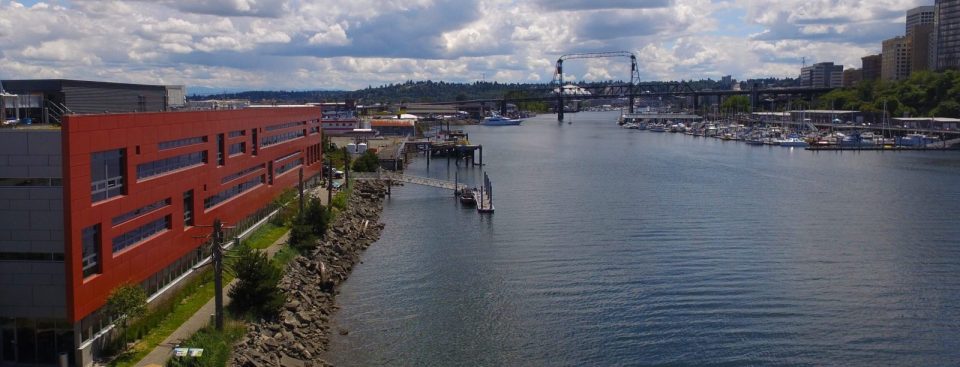
New paper describes PSI’s support of ecosystem-based management
Right now, researchers across Puget Sound are carefully measuring the salinity and temperature of the water, searching for harmful algal blooms and studying the feeding patterns of endangered orcas. They are testing the effects of ocean acidification, counting rockfish and checking the health of our declining kelp forests. Their scope includes salmon genetics and invasive […]
February 15, 2022
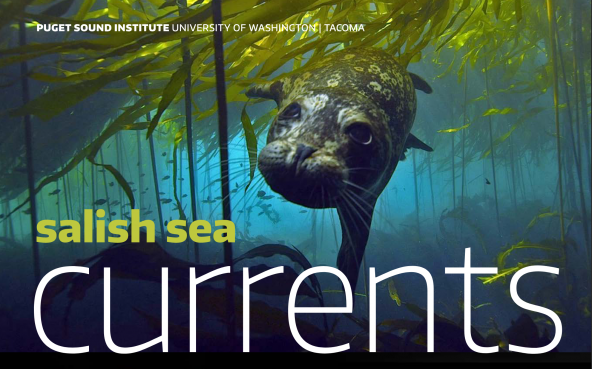
Call for student science writers to report on SSEC 2022
The University of Washington Puget Sound Institute is sponsoring up to 10 student writers to report short (300-word) stories about science findings presented at the upcoming Salish Sea Ecosystem Conference. The conference will be held online April 26-28. We are offering $200 per story and can cover conference registration costs. Successful writers will publish their work […]
January 30, 2022
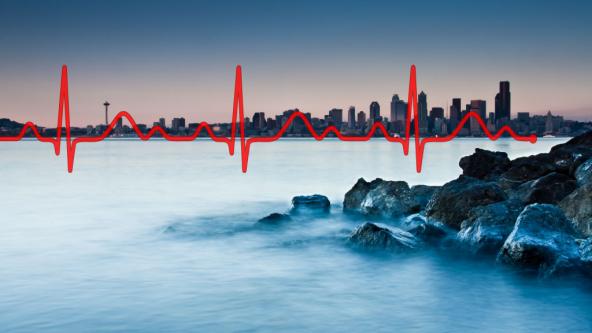
A treasure trove of ‘big ideas’ for Puget Sound
A series of reports from the Puget Sound Institute will synthesize key findings from close to 100 projects funded over the past five years by the Environmental Protection Agency. Six years ago, the EPA authorized more than $20 million dollars for projects to protect, restore and study critical habitats like beaches and floodplains in Puget […]
December 17, 2021
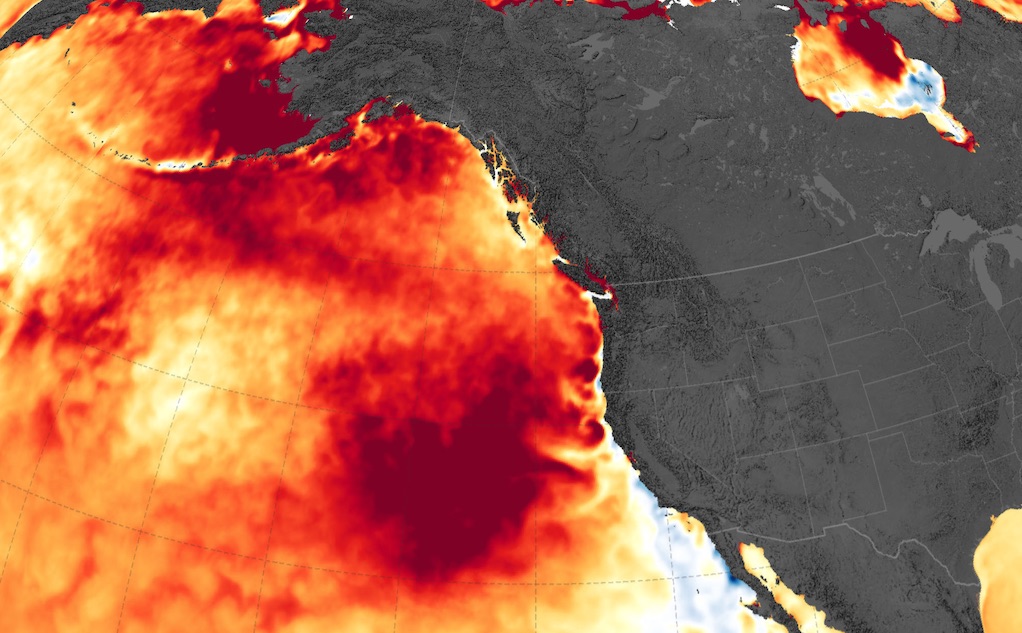
Modeling “the blob” in the Salish Sea
In late 2013, a marine heatwave that scientists dubbed “the blob” began warming the ocean throughout the Northeast Pacific, causing temperatures to rise almost 3°C above normal. The disruption severely depressed salmon returns. Whales, sea lions and seabirds starved, and warm water creatures were suddenly being spotted off the coast of Alaska. In Puget Sound, temperatures also jumped, but the effects of the blob […]

